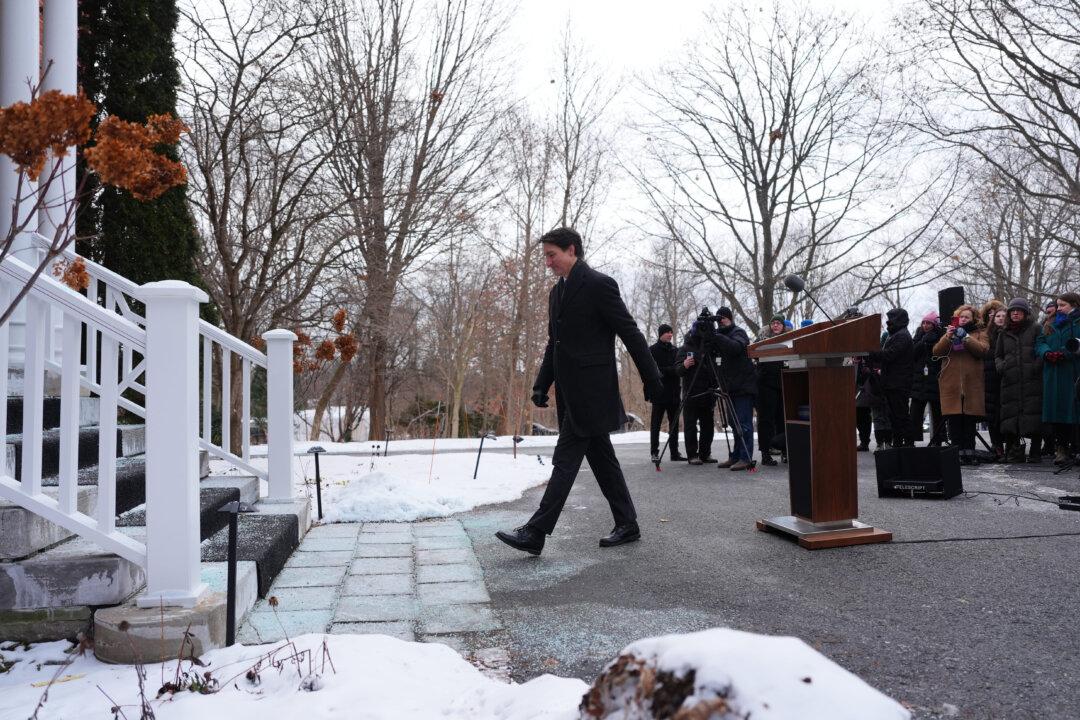With Prime Minister Justin Trudeau announcing he intends to resign, a number of potential leadership hopefuls are currently weighing whether to jump in the race to replace him.
Since Trudeau has asked the governor general to prorogue the Parliament until March 24, which she granted, it is expected the new leader will be chosen through an accelerated leadership race.





